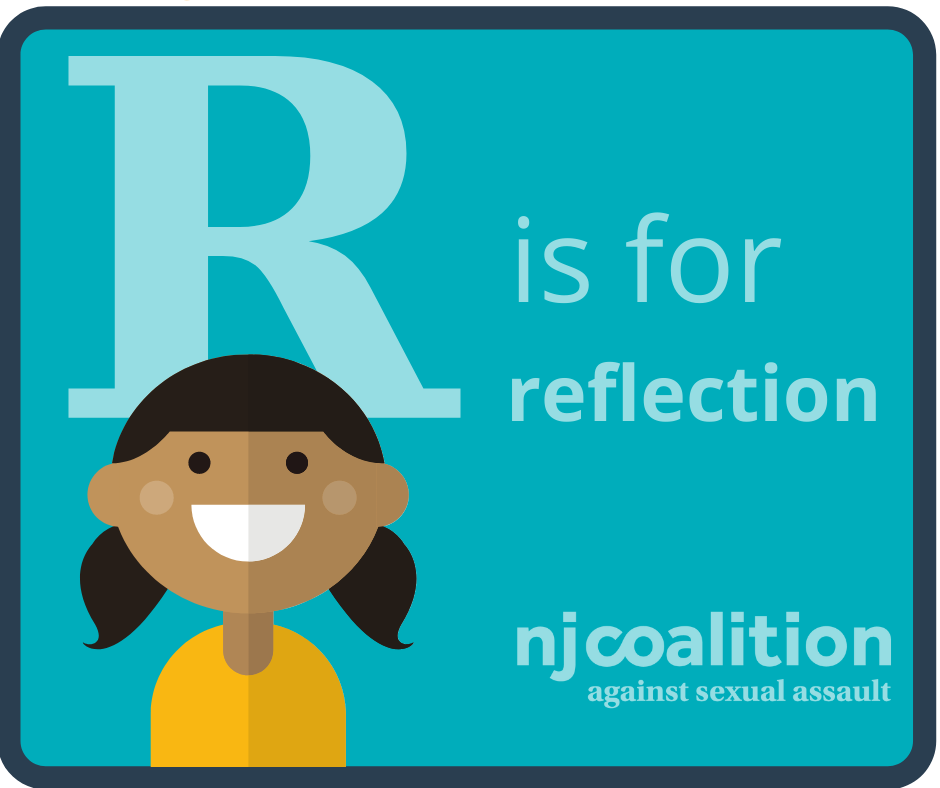As the COVID-19 pandemic continues to affect our day-to-day lives, existing inequalities are magnified. The virus itself disproportionately affects Black and Latinx communities and has taken a greater economic toll on lower-income adults, women, people of color, and LGBTQ+ people. For many women, the financial effects of the pandemic are compounded by continued gender inequity at home.
In general, women do the majority of unpaid domestic and care work. Women make up 75 percent of caregivers and spend up to 50 percent more time providing care than men. In heterosexual relationships, women spend significantly more time on childcare and housework than their male partners. This additional time spent on domestic labor is a major reason for the gender gaps in pay and promotions at work.

Gender inequity at home is only worsening as the pandemic increases caregiving and household responsibilities. In a recent survey, 70 percent of women reported being fully or mostly responsible for housework during lockdown and 66 percent said the same for childcare. 80 percent of women also reported spending more time homeschooling their children or helping them with distance learning than their spouse did.
We know that strict adherence to gender roles is a risk factor for sexual violence – that is, something that makes sexual violence more likely to happen in our society. With what feels like an onslaught of bad news every minute of every day, trying to process the long-term implications of the pandemic can feel overwhelming. But part of reflection involves considering the structures in society that contribute to oppression and examining how our own actions are influenced by harmful social norms.
When we perpetuate stereotypes about gender and fail to reflect on behaviors that can be harmful, we risk creating unsafe communities. Inequitable gender attitudes are among the factors most associated with perpetration of interpersonal violence. People who adhere to traditional gender role norms or believe that women are inherently inferior are more likely to commit sexual violence. In contrast, emerging research shows that progressive views about gender can protect against the perpetration of violence. A recent study found that teenage boys with more progressive gender views are half as likely to engage in violent behaviors as boys who hold rigid views of gender and masculinity.
Harmful norms and beliefs are the driving force behind oppression and inequality in our society. Cultural expectations of what it means to “be a man” and “be a woman” influence all aspects of our everyday behaviors—including who picks up the majority of domestic labor.
But here’s the good news: we can all work to change norms and create a safer, more equitable society. Start by considering how housework and caregiving responsibilities are divvied up at home. If your partner, family member, or other household member tells you that they’re feeling overwhelmed, make time in your day to take on some of their chores. Whether you’re caring for children or older adults, set an example by sharing the responsibility evenly. And always take time to reflect on whether you’re doing your part—regardless of your gender.
In a time when small steps can make a big difference, we can’t afford to ignore the issue of gender inequity. By modeling gender equality at home and challenging harmful stereotypes in our everyday lives, we can pave the way for a society where women are equal at home, at work, and in their communities, and work toward a world free from sexual violence.
* NJCASA recognizes that gender is a spectrum and that there are more than two genders. The use of gender-specific pronouns and language is not intended to exclude or assign an identity. We include this language to reflect what has been captured by researchers and practitioners, fully acknowledging it may be limiting.
This blog is part of the NJCASA C.A.R.E.S. initiative.
Sharing is caring! Review our sharing policy.
